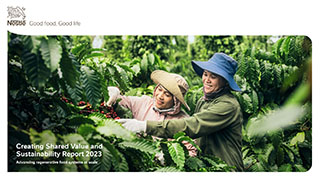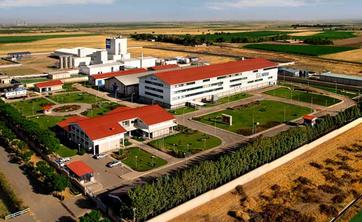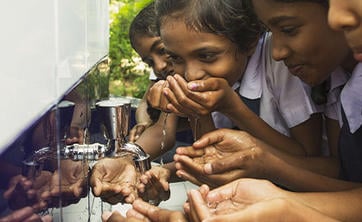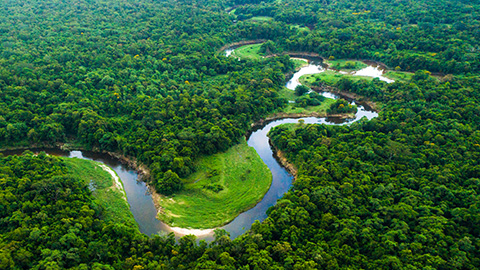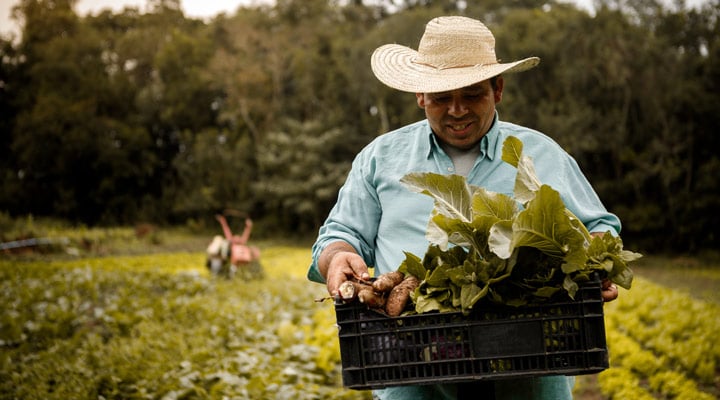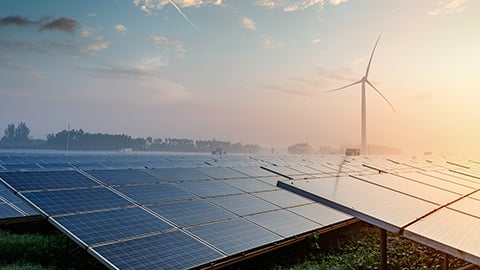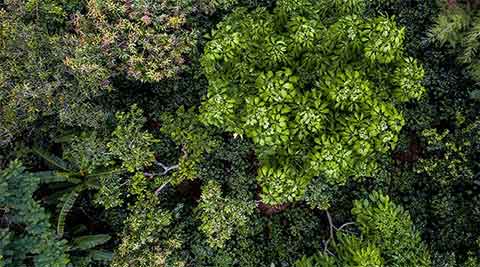Water management in our supply chain

We aim for efficient water management in agriculture, especially in water-stressed areas.
Water management in agriculture
Agriculture accounts for 70% of all water withdrawals worldwide. In some regions, water consumption to produce food is increasing pressure on local water resources. In other regions, agricultural inputs can affect the quality of water.
Our direct suppliers must comply with the Nestlé Responsible Sourcing Standard. This standard requires our suppliers to comply with a set of legal and environmental requirements, including for water. We conduct annual assessments of current water risk at selected sourcing locations for key agricultural commodities, including cereals, coffee, dairy and sugar. We use a water stress index that combines data from four publicly available tools.
We assess future water trends and risks using World Resources Institute Aqueduct, and we use the Water Footprint Network methodology to estimate the water footprint of key agricultural commodities. Benchmarking the results of the water footprint assessment and water risk helps us to identify risks and prioritize actions in our supply chains.
We are beginning an in-depth study to estimate the water co-benefits of the agriculture and nature-based solution projects within our Net Zero Roadmap for addressing shared water challenges.
We aim to protect water to create a positive impact in agriculture. This forms part of our work to advance regenerative food systems at scale.

Examples from the field
Local needs require tailored solutions. Our approach to water management has always been highly targeted, with detailed action plans to help address key issues.
We are working on projects in several areas, particularly where water quality or quantity is at stake. We are helping farmers implement better water management practices to save water in their day-to-day work, using technology, knowledge-sharing and other educational means.
Herrera del Duque, Spain
- Issue: The community identified pressures on biodiversity and the diminishing water level of a cherished local stream.
- Mitigation and benefits: The team planted trees, accompanied by sophisticated irrigation channels to enhance biodiversity, reduce evaporation and protect the habitat of an endangered fish species.

Ayutthaya, Thailand
- Issue: Inadequate use of inputs and poor maintenance of a canal had resulted in low water quality near the villages Ban Mai and Ban Yang Ngam.
- Mitigation and benefits: Our team partnered with the local Youth Water Guardian initiative, to establish a learning center and a campaign on the use of fertilizers and pesticides, waste removal and better wastewater management, restoring 21 km of this waterway.
Derbyshire, UK
- Issue: The River Ecclesbourne had been diverted into a weir, preventing local fish from migrating and impacting overall biodiversity.
- Mitigation and benefits: Our team is supporting the Ecclesbourne’s restoration back to its original channel, bypassing the weir and opening over 28 km of the river and its tributaries for many fish species.
The hilly landscape and seasonal climate of Extremadura, Spain, mean that using water as efficiently as possible is crucial. We have partnered with our tomato growers in Spain for many years now, working closely to identify ways to reduce water use on farms.




